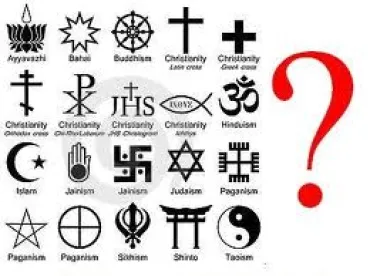For decades, employees who perform religious duties have been prohibited from filing employment related suits against the churches or other affiliated religious institutions that employ them. This doctrine has become known as the “ministerial exception.” While the ministerial exception has been accepted by each of the federal circuits, its application varies widely. On Wednesday, October 5, 2011, the U.S. Supreme Court heard oral arguments in Hosanna-Tabor Evangelical Lutheran Church and School v. U.S. Equal Employment Opportunity Commission (“EEOC”), to determine to what extent the ministerial exception should apply to employees who do not perform solely religious duties for the church or an affiliated religious institution. Or, at least that was the plan.
The EEOC threw a curve ball in the case. The EEOC argued that the ministerial exception is no longer justified and should be abolished by the Supreme Court. The EEOC’s position is contrary to its published guidance and the positions it has taken in the past.
It also is contrary to the Sixth Circuit’s decision in this case, which is being reviewed by the Supreme Court. The case involves the termination of a fourth-grade teacher at Hosanna-Tabor Evangelical Lutheran Church and School. The teacher was a commissioned minister in the church where she taught. The teacher alleged that she was fired because of her disability and in retaliation for requesting an accomodation, both violations of the Americans with Disabilities Act (the “ADA”).
To determine whether the teacher qualified for the ministerial exception, thereby barring her claim under the ADA, the Sixth Circuit calculated the number of hours the teacher spent on religious duties as compared to secular duties. The Sixth Circuit, reversing the trial court, found that the teacher spent a majority of her work-hours teaching a secular curriculum, so remanded for a full trial on the merits even though the teacher was a commissioned minister with the church.
Now the Supreme Court will decide just how far the boundaries of the ministerial exception can stretch when employees are engaged in a mixture of religious and secular duties and to what extent, if any, churches and religiously affiliated entities will be subject to employment-related suits by clergy, ministers and other employees who perform religious duties.
Churches and religious institutions that employ individuals to perform religious duties should monitor this case closely.





 />i
/>i
